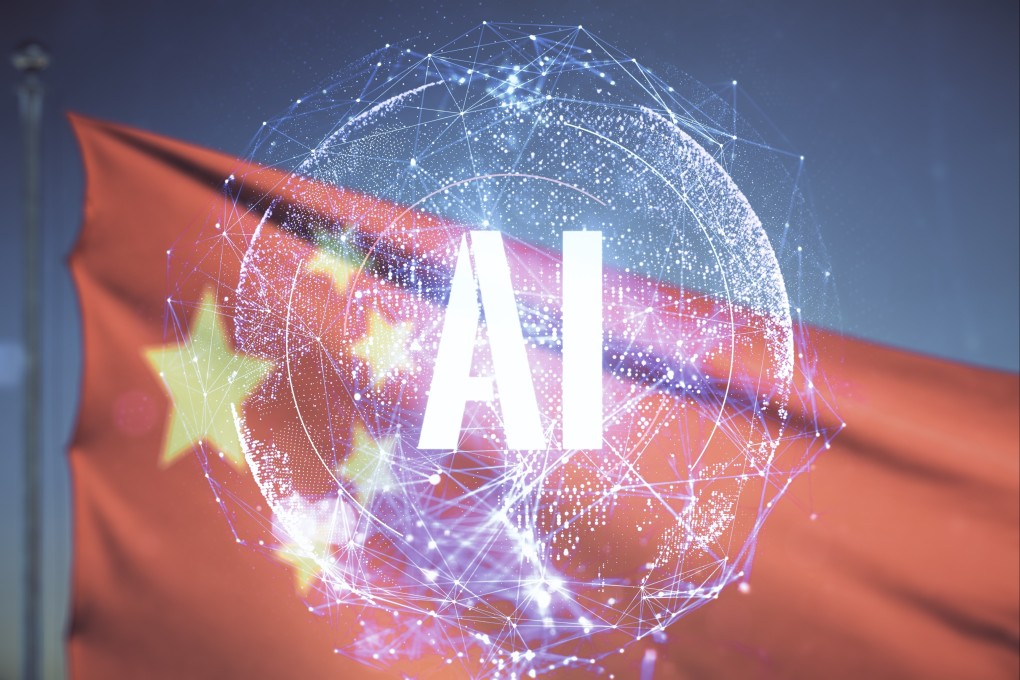Advertisement
Chinese researchers hope to create ‘real AI scientists’ through ‘informed machine learning’
- The scientists wrote in a recent paper that they had found ways to train machines with ‘prior knowledge’ such as the laws of physics or mathematical logic
- Even cutting edge models such as OpenAI’s text-to-video model Sora are currently unable to ‘accurately model the physics of many basic interactions’
Reading Time:3 minutes
Why you can trust SCMP
3

Chinese researchers have developed a new framework that will help developers train machine learning models that they hope could lead to the creation of “real AI scientists” capable of improving experiments and solving scientific problems.
Deep learning models have “revolutionised the field of scientific research” due to their ability to uncover relationships from large amounts of data, according to a paper published in the peer-reviewed Cell Press journal Nexus on Friday.
One recent example is Sora, a text-to-video model from the American company OpenAI, which the developers say can understand how “things exist in the real world”.
It has been widely praised for its advanced, realistic depictions of things and hailed as a massive step forward for generative AI, but the company has admitted it still struggles to simulate some aspects of the real world and cannot “accurately model the physics of many basic interactions, like glass shattering”.
Sora is trained using large amounts of visual data, allowing it to pick up patterns to generate images and videos that mimic reality. But it is not trained to understand physical laws such as gravity.
“Without a fundamental understanding of the world, a model is essentially an animation rather than a simulation,” said Chen Yuntian, study author and a professor at the Eastern Institute of Technology (EIT).
Advertisement